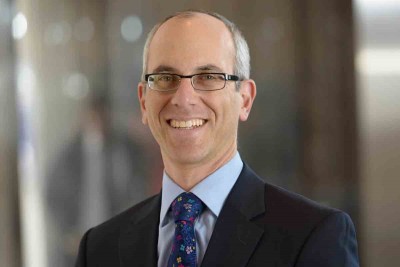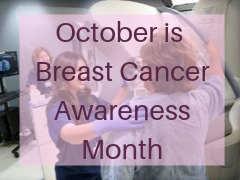
Dr. Robert Sidlow. Photo by Richard DeWitt.
Jewish people of Ashkenazi (Eastern European) descent have an increased risk of genetic mutations that raise the likelihood of having melanoma, breast, ovarian, pancreatic, and prostate cancers. Yet women are more likely to be screened than men. In a recent Heritage Florida Jewish News article, MSK’s Dr. Robert Sidlow offers guidance to men who may be impacted by these BRCA1 and BRCA2 mutations.
The men Dr. Sidlow sees as director of MSK’s Male BRCA Genetic Risk Program generally make an appointment after a female relative tests positive for a BRCA mutation. He recommends that men who test positive start regular mammograms at age 50 and have clinical breast exams. They should also begin prostate cancer screening at 40, 10 years earlier than the general population.
Learn more about male breast cancer and BRCA genetic mutations.

 In October, numerous media outlets featured experts from MSK during Breast Cancer Awareness Month. Here are some highlights:
In October, numerous media outlets featured experts from MSK during Breast Cancer Awareness Month. Here are some highlights: